

Splinter Cell 3D isn’t Ubisoft’s first attempt at rekindling Chaos Theory’s roaring fire on a Nintendo handheld. The 2005 DS version of the series’ strongest entry managed to keep pace with the console version fairly well – it even included co-op and competitive multiplayer – but it wasn’t a great game in its own right. When it comes to proving itself on second chance, the 3DS redux goes for the throat. Splinter Cell 3D is the franchise’s most impressive portable port yet, although it sacrifices a significant chunk of its soul.
The killer co-op and beloved spies vs mercenaries multiplayer that helped define the modern classic are entirely absent in SC3D, which also fails to take advantage of any of the 3DS’s functionality beyond the mandatory third dimension, which won’t blow anyone away but certainly adds depth.
Most criminally, it ignores StreetPass. This is the most social Nintendo console yet, and Splinter Cell 3D missed a huge opportunity to take advantage of that to stand out above everything released before it. Instead of doing anything with the system, Splinter Cell is content to coast on its own existence. These irritations are only as bothersome as they are because the rest of the game is awesome to an almost alarming degree.
Chaos Theory’s single-player is still the pinnacle of stealth gameplay, so, much as it pains us to say it, it makes sense that the focus here lies solely in the core campaign. Sniping sentries, snapping necks, hiding above cautious armed guards and infiltrating highly secure areas are each exciting and tense, even on an itty-bitty screen. This is the best Splinter Cell’s looked on a handheld, too – the 3DS approximates the original CT’s incredible graphics impressively. Also, six years after its original release the standout missions still stand up. Assassinating a revolutionary on a big-ass boat and sneaking by armed army dudes in a nighttime New York City remain challenging, but pulling off an objective feels great. At the same time, Splinter Cell is so skill-based that one mistake means Fisher’s going to eat some bullets. On a platform like the 3DS this can get…irritating.
Saving progress at designated spots in the middle of a mission is an old idea that’s not a lot of fun to return to. We’ve been relying on autosaves or the ability to reload manual saves for years, so losing even five to ten minutes of progress between checkpoints killed our ambition. Splinter Cell 3D is a slow-paced, meticulous game that demands trial-and-error, with an emphasis on error. When we did well, SC3D was a totally serviceable Splinter Cell game. As soon as the alarms went off, even though it was our fault, tapping the touchscreen to pull out a pistol and then using the face buttons to aim just didn’t work. We often gave up and reloaded the last save.
Fortunately, Splinter Cell: Conviction plays a small role in simplifying SC3D. On top of literally spelling objectives out on the walls with text, Sam’s green-tinted night-vision goggles are out, replaced instead by the monochrome “Fusion Vision.” It makes it markedly easier to spot enemies from afar when they’re a glowing white silhouette against a black background. Important objects or items light up as well, so it’s easier to spot what you need to do if it wasn’t already clear. It may feel “dumbed down” for SC vets, but making it easier goes a long way to servicing newcomers who’ve always found the stealth sim too daunting.
Great as it is on its own, even in spite of its flaws, Splinter Cell 3D serves too small an audience for its own good. Die hard Sam Fisher fans don’t necessarily need to return because they’ve seen the same thing better, and newcomers are jumping into an inferior version of an easily accessible console game. It’s just cheaper to play Chaos Theory at its best. Unless you’re aching for exactly this game in exactly this format, this is a tough Splinter Cell to sell.
Apr 18, 2011
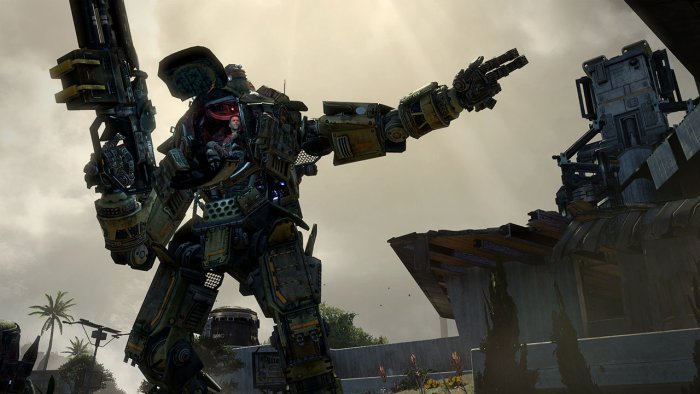
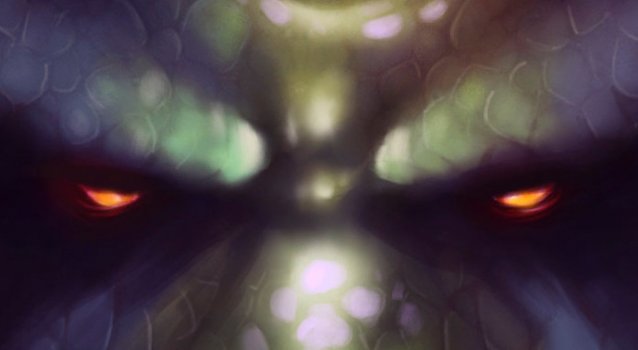
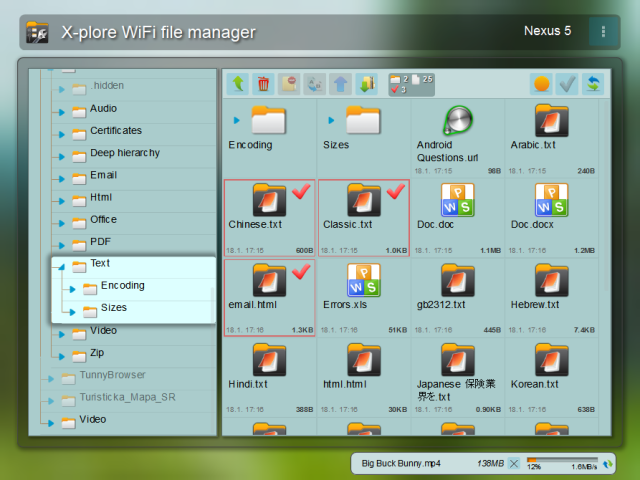

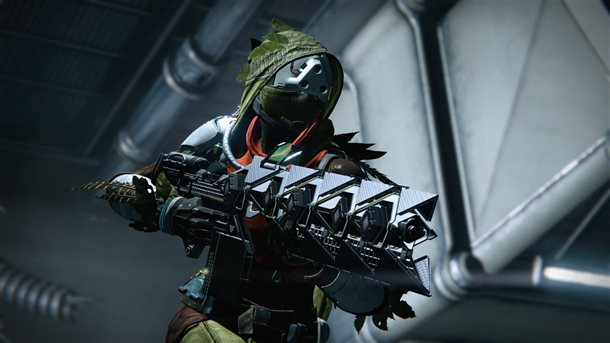 How To Get Destiny's New Exotic Weapon Sleeper Simulant
How To Get Destiny's New Exotic Weapon Sleeper Simulant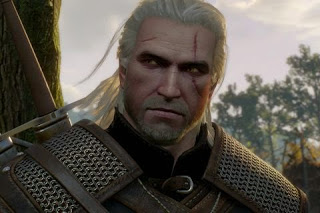 The Witcher 3: Wild Hunt - Gwent Card Locations
The Witcher 3: Wild Hunt - Gwent Card Locations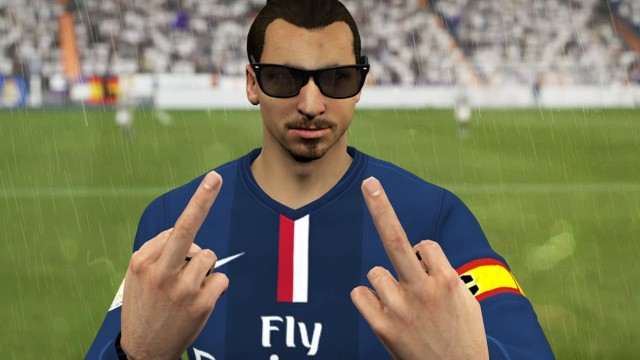 FIFA 16: How to Unlock All Celebration Tutorial
FIFA 16: How to Unlock All Celebration Tutorial Wolfenstein The Old Blood - complete guide
Wolfenstein The Old Blood - complete guide How to Instantly Switch Any Keyboard's Layout Wherever You Go
How to Instantly Switch Any Keyboard's Layout Wherever You Go